Many people have wondered if hearing aids are waterproof and the answer can be a bit confusing. While some water-resistant devices exist, it is not recommended that you submerge them in liquid for extended periods of time. This blog post aims to provide a comprehensive overview of Are Hearing Aids Waterproof, including full information and tips, so you can make an informed decision when it comes to investing in this essential aid.
What Hearing Aids Are Waterproof?
Hearing aids are an important part of helping people with hearing loss to hear and understand the world around them. But when it comes to water, not all listening devices are created equal. It’s important to know which hearing aids are designed for use in wet or humid environments and which ones should be kept away from moisture.
Fortunately, there are hearing aids that are designed to be waterproof or water-resistant. These listening devices, when properly maintained, can provide reliable performance in a wide variety of environments — including underwater!
Water-resistant hearing aids are typically rated with an IP rating between 4 and 5, which means that these listening devices can withstand splashes, sweat, or light rain but not full submersion in water.
Siemens Aquaris and Signia Aqua are two examples of waterproof listening devices. The Aquaris is a behind-the-ear model with an IP rating of 7, while the Aqua is an in-the-ear model with an IP rating of 6. Both models feature the latest technology for excellent sound quality and reliable performance underwater.
Phonak’s Audéo Life is another example of a waterproof hearing aid. It has an IP rating of 5 and can withstand splashes, sweat, and light rain but should not be submerged in water.
Waterproof hearing aids offer greater flexibility and convenience for active lifestyles. Whether you’re swimming, surfing, or taking part in outdoor sports activities, these listening devices will help you stay connected to the world while keeping your hearing aids safe and dry. [1]
It’s important to note, however, that waterproof listening devices should still be cleaned regularly and stored in a cool, dry place when not in use. This will help ensure that they continue to provide reliable performance for years to come.
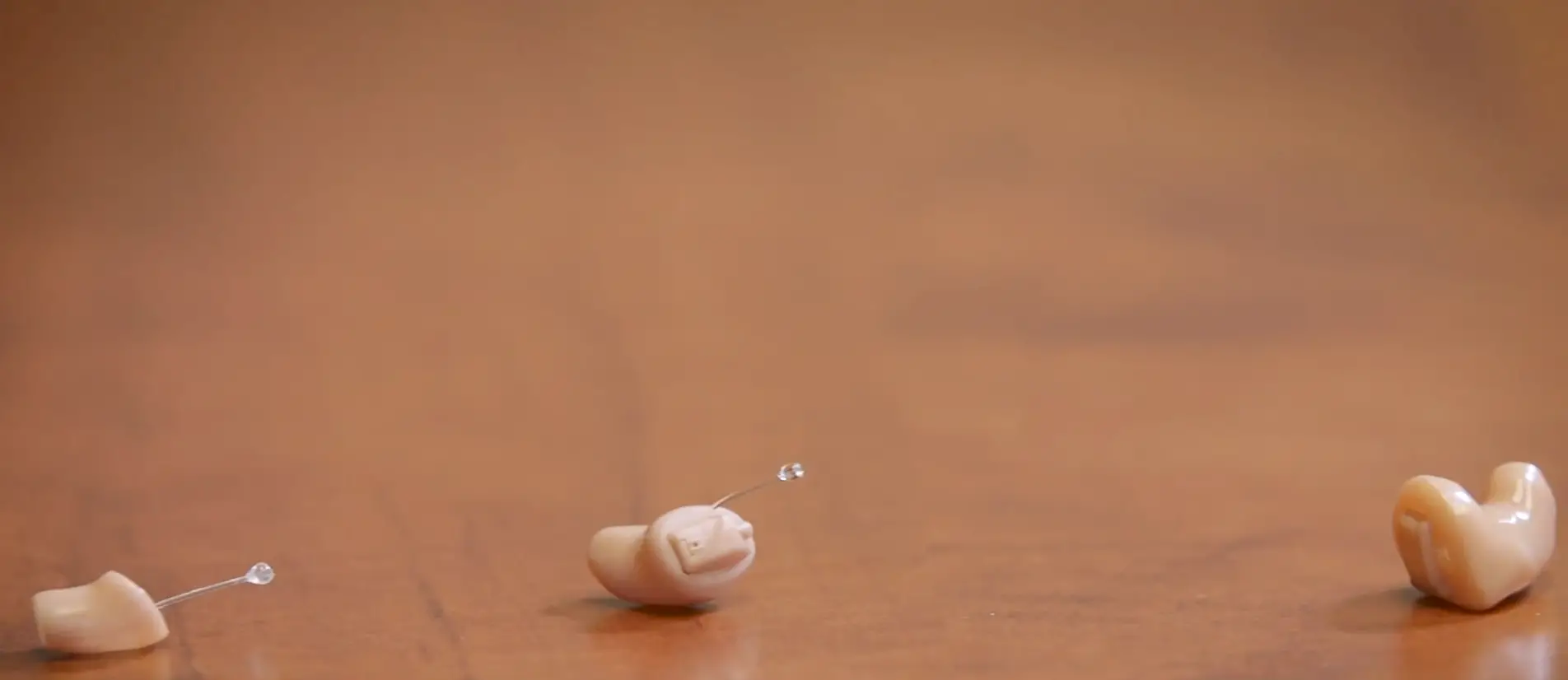
How Water-resistant Are Your Hearing Aids?
When it comes to hearing aids, the last thing you want is moisture damage. That’s why many people ask if their listening devices are waterproof. The answer: It depends on which type of hearing aid you have.
If your device has a full shell or an outer casing that completely encloses all of its inner components, then it is considered “water-resistant”. This means it should be able to handle some amount of moisture, such as sweat and rain, without being damaged.
However, if your device does not have a full shell, then you will need to take extra precautions when exposed to moisture. The inner components may be more susceptible to water damage so you should avoid getting your listening devices wet or exposing them to moisture.
It is also important to clean your listening devices regularly to avoid the buildup of dirt and moisture. Your audiologist can help you with this, as well as provide protection.
Overall, while some hearing aids are waterproof, it’s always best to take extra precautions when handling one near any type of moisture. Taking care of your device will ensure that it stays in working condition for years to come.
Finally, it is always a good idea to have a backup hearing aid on hand in case of an emergency. That way you can continue using your device without interruption and not have to worry about water damage or other mishaps.
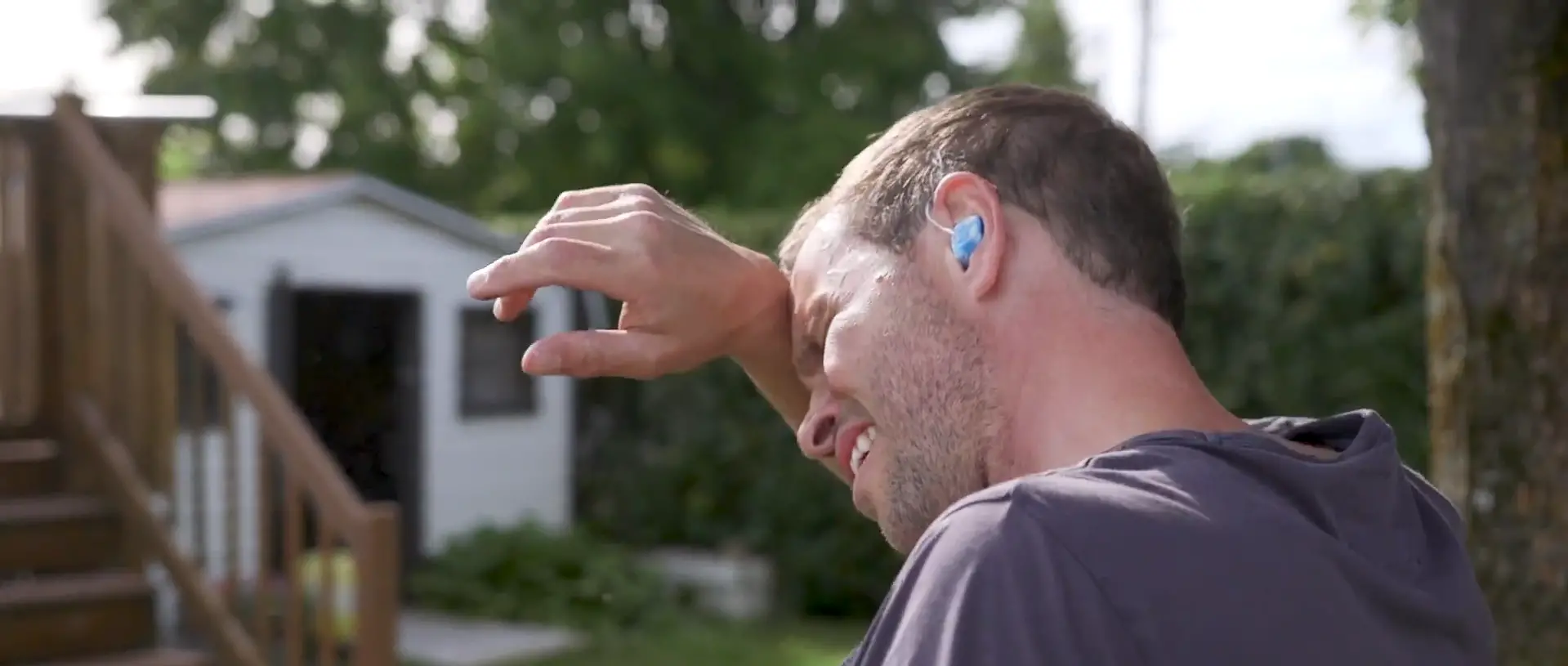
Water-resistant Scale
Did you know that there is a water-resistant scale for hearing aids? Generally, listening devices have been given an IP rating to indicate how much water and dust they can withstand. The higher the rating, the more protection your device has against moisture. Depending on your lifestyle and activities, this is important information to consider when purchasing a specific model of hearing aid.
From there, ratings go down in increments depending on how much water your hearing aids should be able to withstand. For example, an IPX4 rating means your listening devices can handle light splashing and sweating without any damage occurring. An IPX6 rating means they are protected from powerful jets of water.
It’s important to note that these ratings only apply if you use the manufacturer-recommended covers, as those are specifically designed to give your listening device the protection it needs.
If you’re looking for a model of hearing aid that will fit your lifestyle and activities, check the water-resistant scale and see which one is right for you. Depending on what you need it for, this could be an important factor in choosing the best device for your needs.
Finally, make sure you always check the instructions before using your listening device in water and to ensure they are properly maintained for maximum protection from any damage.
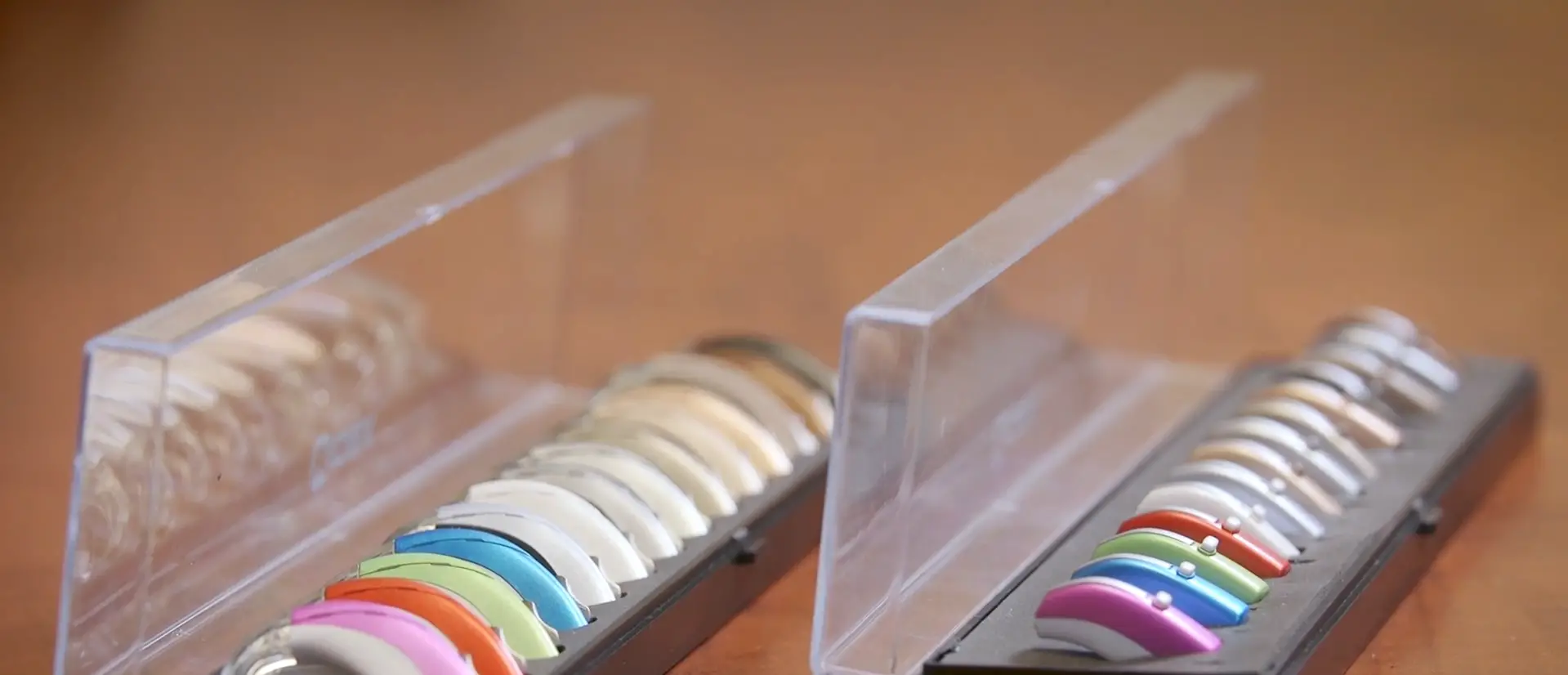
How Do Waterproof Hearing Aids Work?
Waterproof listening devices are designed to be resistant to water, dust, and other environmental elements. These devices use a special sealant or casing that protects the internal components from damage due to exposure to moisture or debris. This seal ensures that any liquid or foreign particles do not get inside the device and disrupt its function.
Waterproof listening devices have many advantages. They are more durable than traditional listening devices as they can withstand more wear and tear in difficult environments. Additionally, they provide additional protection against damage caused by sweat or humidity during exercise or other activities that involve a lot of physical activity.
Waterproof listening devices are also much less likely to suffer damage due to exposure to water, which can reduce their lifespan dramatically if not taken care of properly. For people who have an active lifestyle or work in a wet environment, a waterproof listening device is an ideal choice.
You can rest assured that your listening devices will remain safe and functional for many years to come.
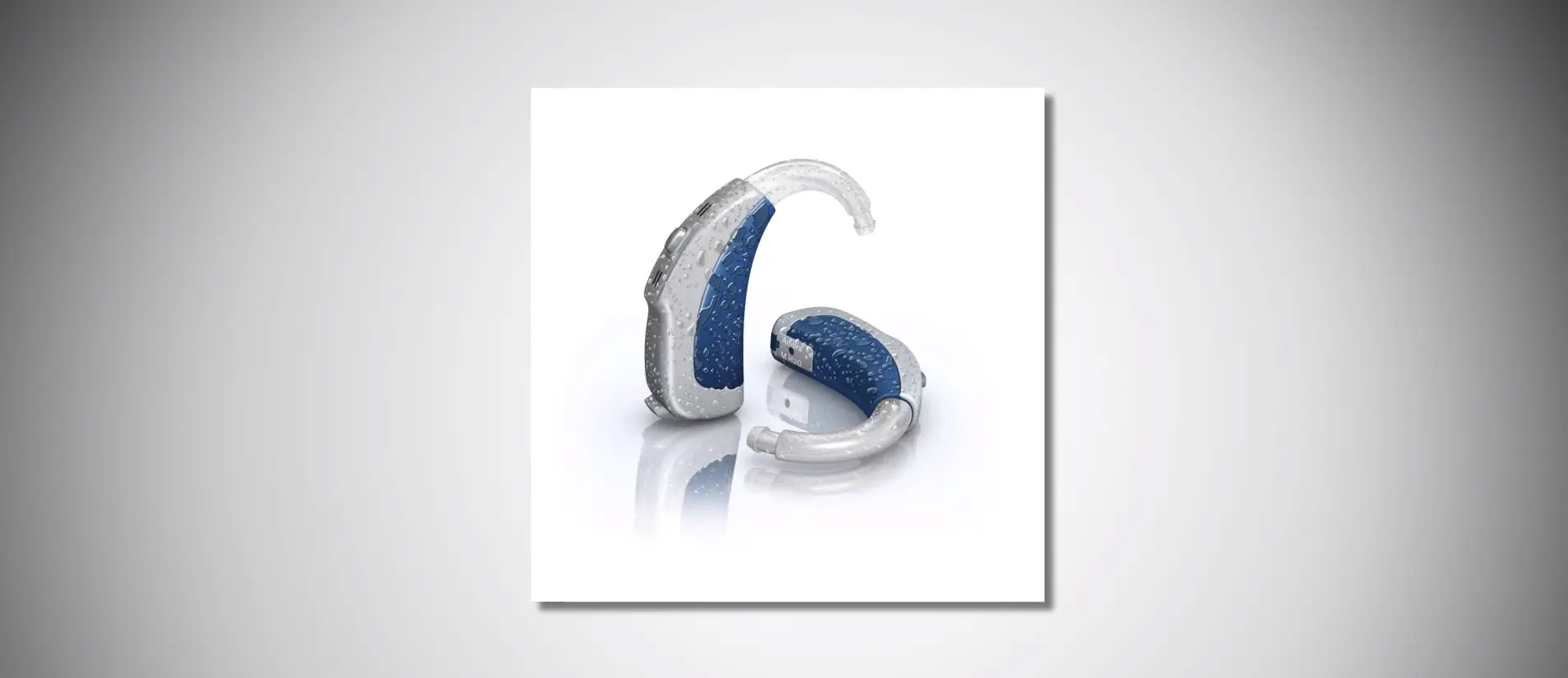
What is an IP Rating?
IP stands for “Ingress Protection” and it’s a way to measure how well a device can protect against dust or water entering its interior parts. The rating is measured on two scales: one from 0-6 and another from 0-8. The higher the rating, the more protection it offers from dust and water.
For example, listening devices with an IP rating of 6 will be protected against dust, while those rated 8 will protect against submersion in water for up to one meter in depth. Pay attention to the IP ratings when shopping for a waterproof listening device, as this will ensure your device is fully protected against the elements.
Do You Need Water-resistant or Waterproof Hearing Aids?
For people who spend time outdoors or engage in activities that involve water, this can be an essential feature as some listening devices are not designed to withstand moisture and can easily become damaged if exposed to liquid.
W-resistant hearing aids are designed to withstand minor splashes of liquid and sweat but will not hold up if they are submerged in water. W-proof listening devices are designed with special technology that allows them to be submerged in water for a certain amount of time without being damaged. [2]
For example, an IP rating of IP68 indicates the device is dustproof and able to be submerged in water up to a depth of 1.5 m for 30 min without being damaged.
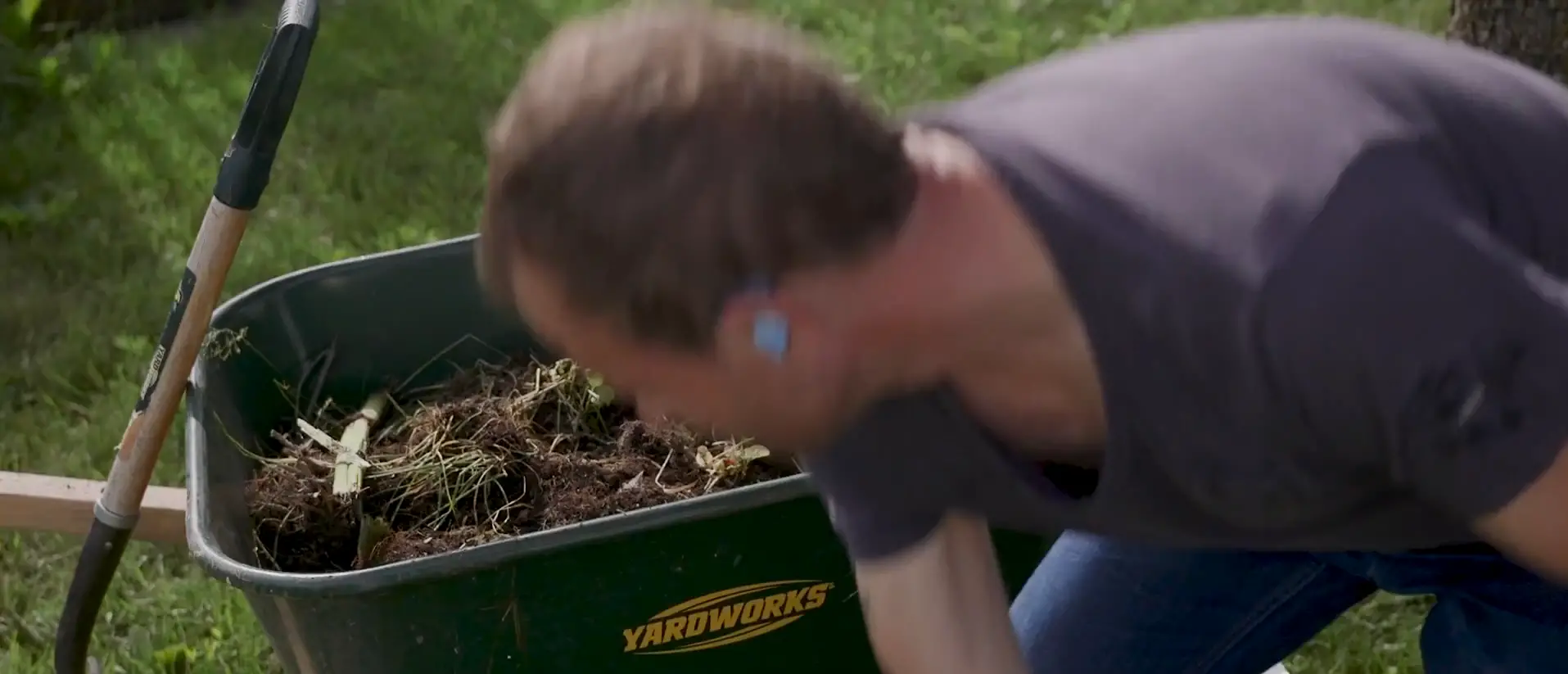
How Do I Keep My Hearing Aids Safe When I’m Around Water?
When it comes to being around water, you need to take special care with your hearing aids. Fortunately, many modern listening devices are designed with water resistance in mind. This means that they can withstand light splashes or a brief period of time underwater without any damage occurring.
To ensure that your listening devices stay safe, it’s important to check if your specific device is w-resistant or w-proof before using it near any body of water.
It’s also important to remember that the level of waterproofness may vary between models and brands, so it’s best to consult with your audiologist for more specific instructions.
It’s also important to remember that even water-resistant listening devices will need to be regularly cleaned and maintained to keep them working their best. After being exposed to any amount of moisture, you should dry your hearing aids off with a cloth as soon as possible, or use compressed air if available. That way, you can help keep your listening device safe and in optimal working condition.
It’s always important to take extra care when around water. That way, you can better protect your hearing device and ensure that it keeps working for years to come.
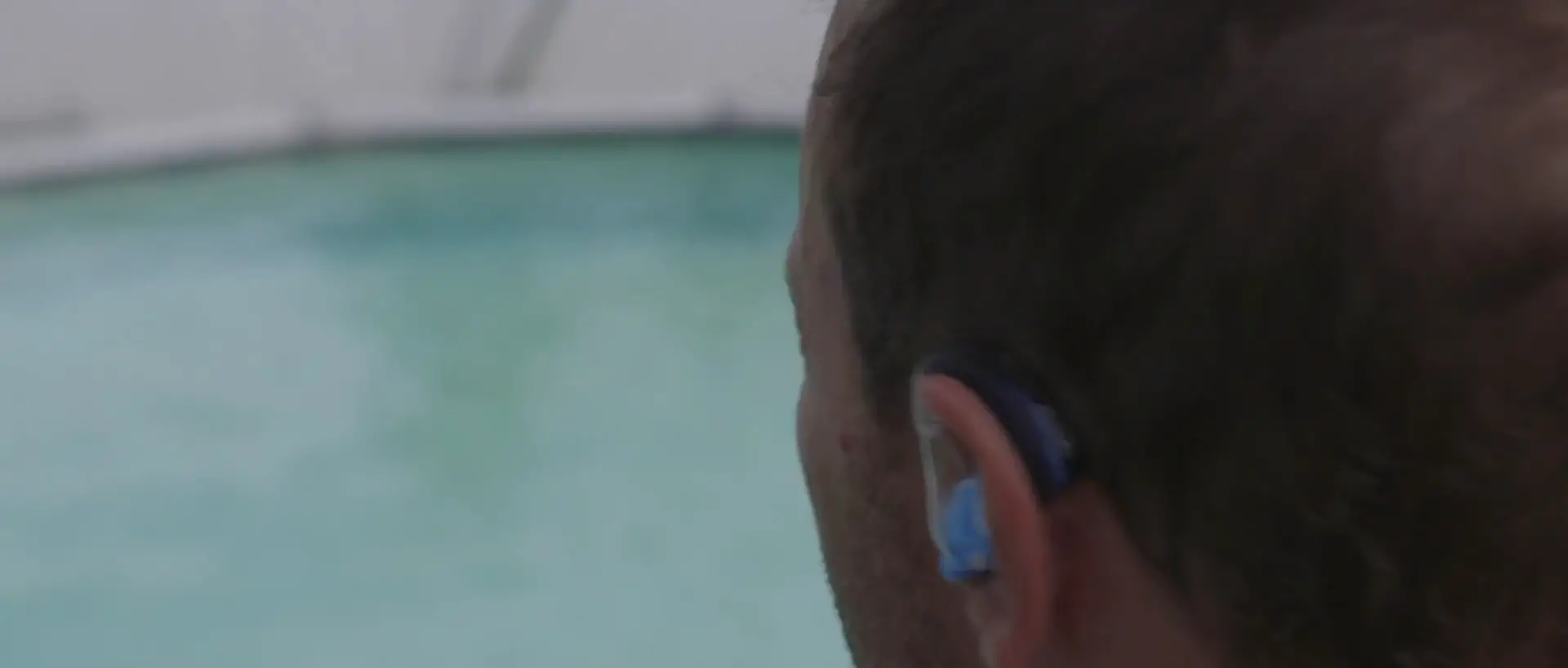
What to Do if Your Hearing Aids Get Wet?
If you find yourself in a situation where your hearing aids have been exposed to water, there are steps that you can take to ensure their longevity and performance.
First, it’s important to remove the batteries as soon as possible and allow the devices to dry completely before replacing them. If moisture has made its way into any of the ports or openings, use a soft cloth to clean the area. If your listening devices have become exposed to salt water, a mixture of fresh water and baking soda can also be used to flush out any contaminants.
It’s also good to keep in mind that if you’re planning a beach trip or any other activities involving water, it may be beneficial to invest in waterproof listening devices. Waterproof listening devices are designed to withstand exposure to water and can be a great option for those who are looking for a more durable hearing aid solution.
If you’d like to learn more about waterproof listening devices, contact your audiologist today! They can provide you with all the information you need about these specific types of devices and help you find one that fits your lifestyle.
Regular cleaning and maintenance is key to ensuring the best performance and longest lifespan. So be sure to follow your audiologist’s recommended guidelines for maintaining your device. This will help ensure that you can continue enjoying clear, comfortable hearing for years to come!
Tips on How to Protect Your Hearing Aids From Water
When it comes to protecting your listening device from water damage, there are a few tips you can follow. The first is to always make sure your listening devices are completely dried before storing them. This means that after wearing them, they should be wiped off with a clean cloth and allowed to air dry for at least 15 min before putting them away. Additionally, you should avoid storing your hearing aids in damp places like a bathroom or near a sink.
Finally, it’s important to have regular maintenance done on your hearing aids. This includes having them professionally cleaned at least once a year, as well as replacing the wax guards regularly to prevent buildup in the tubes that could lead to moisture damage. Following these tips will help ensure that your hearing aids are kept in the best condition possible and last for many years to come.
FAQ
What Happens to Hearing Aids if They Get Wet?
When hearing aids get wet, the water can cause extensive damage to the electronic components inside. This can lead to a variety of issues including decreased sound quality, distortion, and even complete failure of the device. Additionally, moisture can cause corrosion and mold growth that may not be immediately visible but could cause problems for your hearing aid.
Therefore it is important to make sure that your listening device stays dry. If you find yourself in a situation where your device has gotten wet, it’s important to take steps to dry the device as quickly and safely as possible. [3]
How Do People Swim With Hearing Aids?
Swimming with hearing aids can be a tricky process, but it is possible to do it safely. The key is to ensure that your hearing aid is waterproof and properly sealed before you take the plunge! Some tips for swimming with a listening device include:
- Use an ear plug or a swim cap to cover the top of your hearing aid to keep water out.
- Avoid diving into the water or swimming in deep water as this can increase the chances of your hearing aid getting wet.
- If you do get your hearing aid wet, take it out immediately and dry it off using a soft cloth.
- Never put your hearing aid into the water for cleaning – use a damp cloth and mild soap instead. [4]
By following these tips, you can enjoy swimming and other aquatic activities while wearing your listening device. It’s important to remember that not all hearing aids are w-proof, so double check with your audiologist or the manufacturer before taking the plunge! With a little extra preparation and care, you can get back to enjoying the water in no time.
Does Sweat Hurt Hearing Aids?
Sweat is a common concern when using a listening device. Since sweat can cause corrosion of the electronic components, it’s important to know if your particular hearing aid is designed for use with sweat or not. Generally speaking, most modern hearing aids are built with waterproof technology so that they can withstand sweat and moisture without being damaged. Some manufacturers even offer special models with sweat-resistant coatings.
These models are not necessarily waterproof listening devices. If you plan on using your hearing aid in wet or moist environments – such as at the beach or when swimming – make sure you speak with your audiologist about a waterproof hearing aid.
Sweat itself may not be the only factor in potential damage to your listening device. Exposure to chemicals such as hairspray or sunscreen can cause corrosion and damage, so it’s best to avoid these substances when using hearing aids. Additionally, make sure you clean your listening device regularly to remove any sweat or debris that has accumulated.
Can Hearing Aids Get Wet in Rain?
Hearing aids are sensitive electronic devices, and it’s natural to be worried about them getting wet in the rain. Fortunately, many listening devices now come with a waterproof rating of IP67 or higher. This means they are protected from dust and water immersion up to three feet for 30 minutes.
Still, there may be times when you want additional protection for your hearing aids in the rain. Fortunately, there are a number of products on the market that can help.
One great option is an umbrella with a hood built into it. This type of umbrella has a waterproof plastic cover that will protect your listening device from moisture and rain while still allowing you to hear. Some umbrellas also come with built-in speakers and can even help amplify your hearing.
Another option is a waterproof case for your listening device. These are often made of plastic or silicone and will protect your devices from moisture and other elements. Some cases are also designed to be comfortable to wear, with adjustable straps so they fit snugly against your head.
Finally, you may want to consider getting a w-resistant coating for your hearing aids. This is a chemical that can be applied directly to the device and will help repel moisture. [5]
While some devices may have higher waterproof ratings than others, all hearing aids should be kept dry and away from moisture whenever possible.
Taking the proper precautions when it comes to your devices will help keep them in good working order for years to come.
Can Hearing Aids Survive the Washing Machine?
It may come as a surprise to some, but the answer is YES! In fact, most modern hearing aids are designed to be resistant to moisture and sweat – making them perfectly suitable for being submerged in water.
However, that doesn’t mean you should go jumping into a pool with your listening device or tossing them into the washing machine with your clothes. Though they are resistant to moisture, the listening device may still be damaged if exposed to extreme heat or pressure.
If you’re concerned about the cleanliness of your hearing aids and want to give them a thorough cleaning, here are some tips:
- Use an alcohol-free cleaning solution and a soft cloth for general cleaning.
- Never submerge your listening device in water.
- If you need to use a cleaning solution specifically designed for a listening device, always follow the instructions closely and never expose them to high temperatures or pressure. [6]
These simple tips will ensure that your hearing aid remains fully functioning while still maintaining maximum hygiene. So don’t worry – your listening device is safe from any unexpected pool parties!
What Can Damage Hearing Aids?
Waterproof hearing aids are specifically designed to resist damage from water and other moisture. However, not all listening devices offer the same level of waterproofing protection. If you wear a device that is not fully w-resistant or w-proof, your device could be damaged by exposure to water or even humidity.
Other factors can also cause damage to your listening device such as dust or dirt build up, impact from a fall, sweat, and extreme temperatures. It is important to take care of your device by cleaning it regularly and checking for any signs of damage. You should also avoid exposing your listening device to water.
Additionally, you should always store your hearing aids in a dry place with low humidity levels and avoid subjecting them to extreme temperatures. Keeping your listening device dry will protect it from malfunction or damage, ensuring it lasts for years to come.
Useful Video: Water-resistant hearing aids
Conclusion
Waterproof housings are designed specifically for hearing aids and provide complete protection against moisture damage. While these housings may be more expensive than other options, they offer peace of mind knowing that your hearing devices will remain safe from water-related damage. In addition to purchasing waterproof housing, it is important to ensure that your listening devices are regularly inspected by an audiologist. Regular audits and maintenance will help to ensure that any water damage is identified quickly.
It’s also important to keep in mind that even if you have taken the necessary steps to protect your listening device from water damage, there are still other potential sources of damage that could lead to hearing loss or malfunction. It is essential to take all necessary precautions when using your devices and never use them in environments where they could be exposed to extreme temperatures, dust, or other hazardous elements. With the proper care and maintenance, you can make sure that your hearing devices remain safe.
References:
- https://audiologicalservices.net/patient-resources/waterproof-or-water-resistant-hearing-aids/
- https://augustaent.com/waterproof-water-resistant-hearing-aids-whats-the-difference/
- https://www.hearingdirect.com/blogs/blog/3-things-to-do-if-hearing-aids-gets-wet
- https://hearbetterevansville.com/how-to-protect-your-hearing-aids-while-swimming/
- https://www.activeaudiology.com.au/blog/hearing-aids-in-rain-outdoors/
- https://www.oticon.global/hearing-aid-users/blog/2022/how-to-dry-wet-hearing-aids

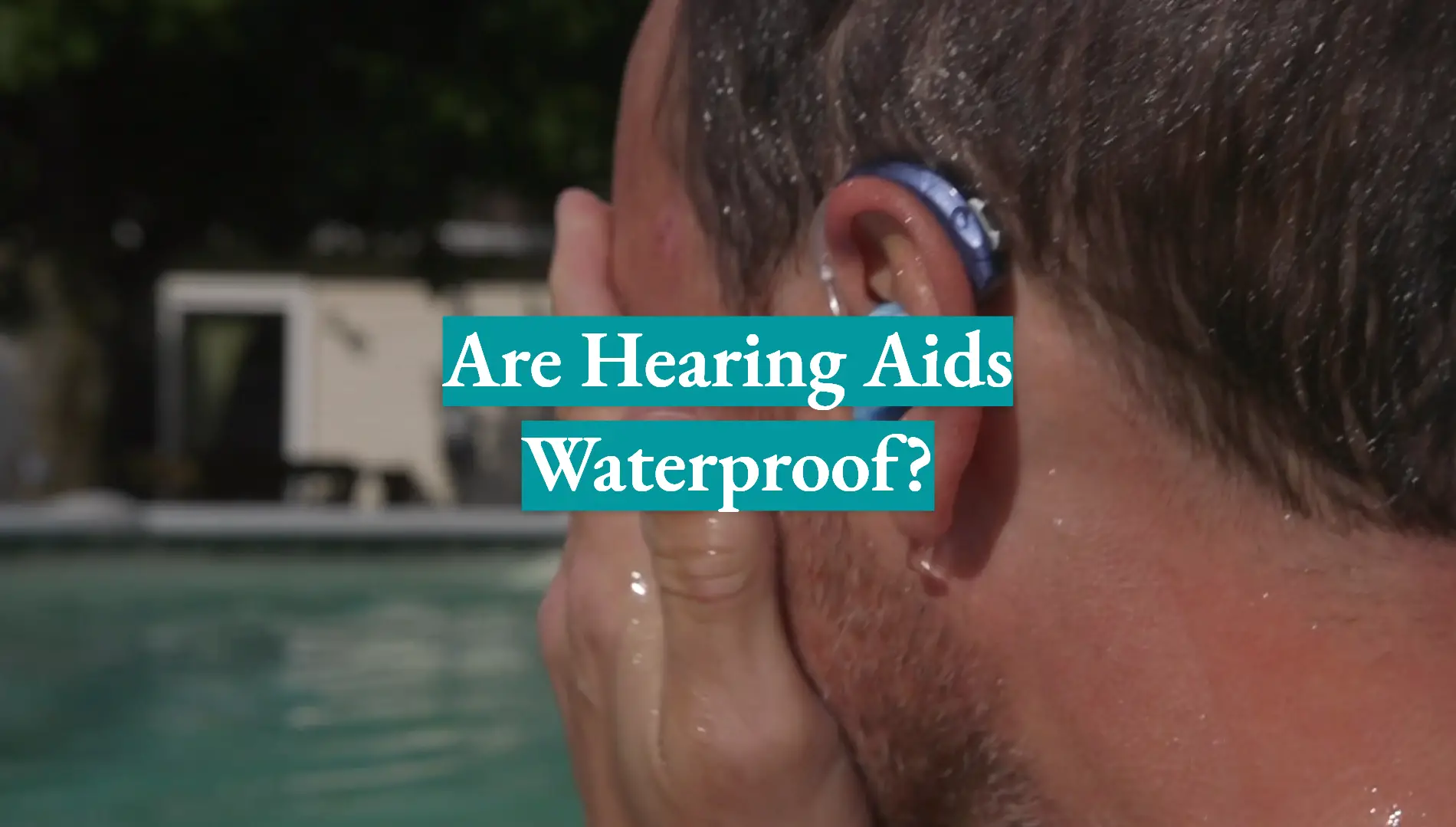
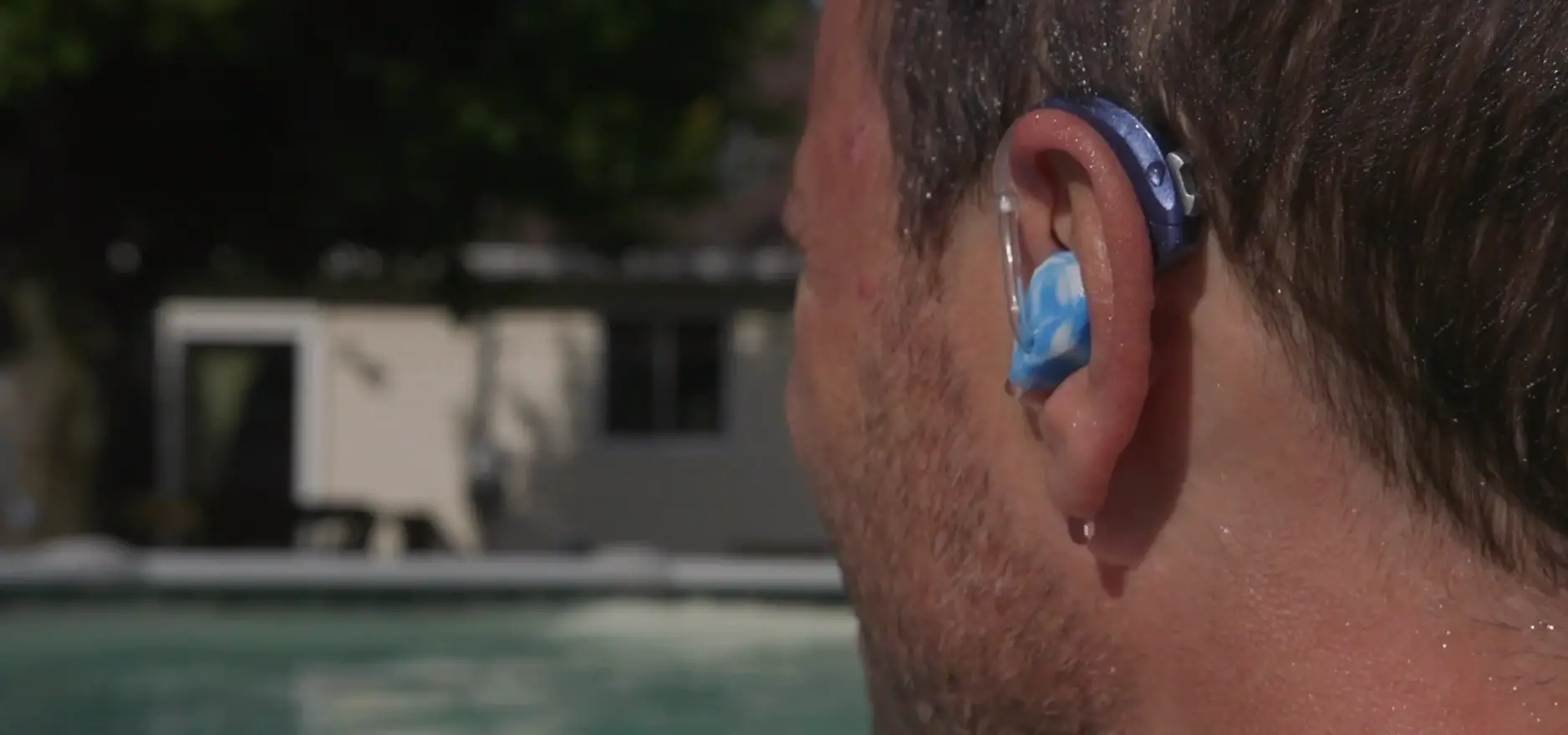

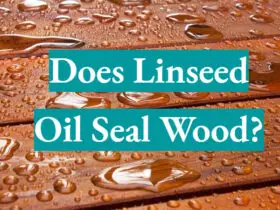
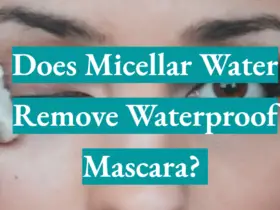

Leave a Reply